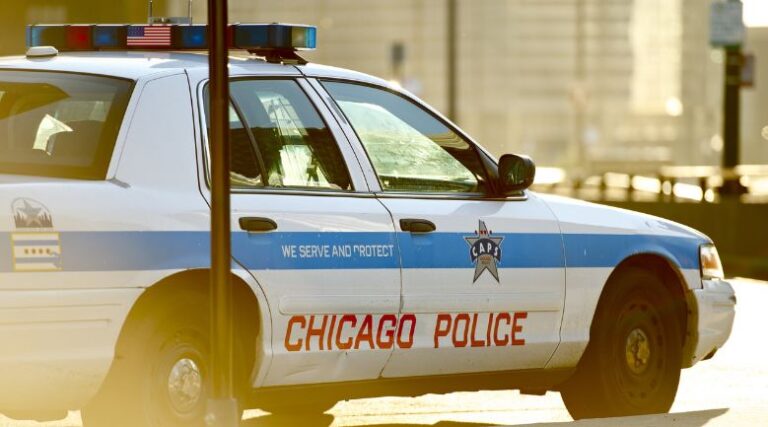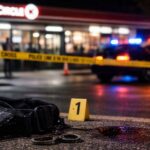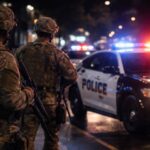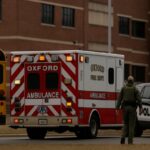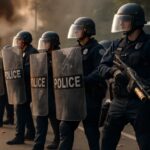The last year was a historic one for Chicago: following the creation of “Police District Councils” in 2021, city residents now had to choose the officials in charge of them.
Police district councils were fundamental to a larger, city-wide police reform. Each council will oversee officers and police departments within their district. Furthermore, they are tasked with nominating candidates for the City’s Commission for Public Safety and Accountability – and, therefore, will carry a great deal of power in everyday police operations.
The election for police district council members was held on February 28th, 2023, alongside the Mayoral elections for Chicago, Cook County, and Cicero. A year later, we can now examine the impact of the election and its winners on the 18th Police District.
About Near North
Chicago’s 18th Police District, also known as “Near North,” is one of the most bustling areas in North East Chicago. The district covers Old Town, Lincoln Park, River North, Streeterville, and as far north as Fullerton Avenue. It includes some of Chicago’s biggest landmarks, such as its Gold Coast and the Magnificent Mile.
This is one of the city’s oldest and most densely populated areas, with a population of approximately 100,000 people. Although its median household income is well above the average, the area has lately been affected by rising crime rates and increasing rental prices. As a result, the latest projections show it losing population for the first time since 1990.
Meet The New Council Members for Near North, Chicago
As Chicago’s “beating heart,” the election results for the 18th Police District can offer us a quick image of the city’s sentiments and evolving relationship with its police force.
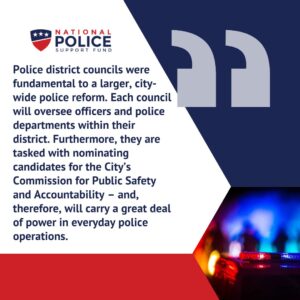
So who are the people who will be tasked with overseeing community-police relationships?
Karen Kane
Before running for the Police District Council, Karen Kane was a CPA and a financial consultant for national and local companies. She aims to use this administrative expertise to improve the local Police Department’s operations and communication.
Even before the election, she identified several critical areas needing improvement: training and implementing mixed patrols of police officers and healthcare workers. She also pointed out this would need increased funds and vowed to help the District obtain them.
Finally, she believes the public is also responsible for engaging with crime prevention ideas. But this obligation goes both ways: “The police department should listen to the community and the residents should listen to the police department.”
Robert Johnson
A former police officer in his native Ohio, Robert Johnson remained involved in public safety after moving to Chicago. He served in the Streeterville Organization of Active Residents. Thanks to his direct experience in law enforcement, he stood out from the beginning as one of the District’s most “pro-police” candidates.
He certainly has a keen idea of what the police need to operate efficiently: although he believes the local police is sufficiently funded, he believes the City should invest more in training and hiring new officers.
His goal is to “help the police do a better job” – and Alderman Brian Hopkins and Brendan Reilly believed him capable. Both they and their fellow officers will be looking closely at his performance.
Brad Kessler
Brad Kessler is one of Near North’s more community-involved attorneys. Before running for the Police District Council, he led the anti-gang task force for Chicago’s public schools. His work earned him the recognition of several Aldermans and State Representative Margaret Croke.
Despite his direct experience interacting with Chicago Police, some fear he may be one of its toughest surveillants: “A successful Police District Council member will need to effectively provide civilian oversight of the police department.”
On the other hand, just like Ms. Kane, Kessler believes the Chicago Police deserves better and deeper funding – and will surely advocate for it in the years to come.
Final Thoughts
The Council members elected for Near North offer a precise photograph of citizens’ attitudes as they stand today. Following years of increased tension, alongside the toxic rhetoric of the “defund the police” movement, the topic of police reform is now a polarizing one.

